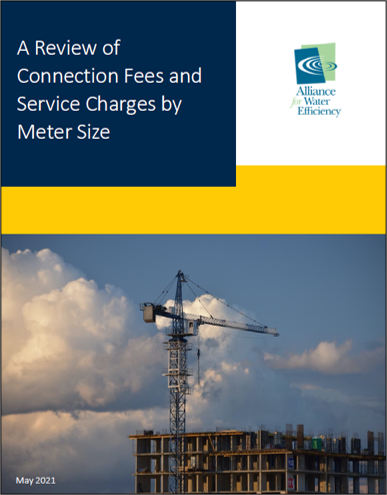The Alliance for Water Efficiency (AWE) partnered with the Environmental Law Institute (ELI) to examine and evaluate the legal requirements for water utility plans in each of the 50 states. AWE and ELI surveyed the statutes and regulations of each state, with a specific emphasis on how water utility plans intersect with land use policy and planning. This report reviewed relevant laws and conducted case study interviews to answer a series of questions on how community land use factors are considered in the requirements of water utility plans.
This research was supported and published by The Babbitt Center for Land and Water Policy, a center of the Lincoln Institute.





